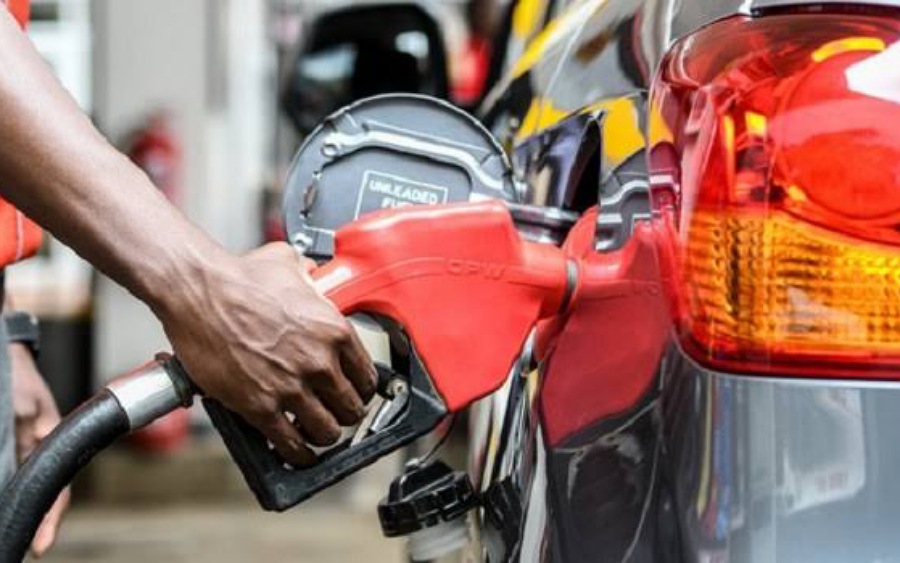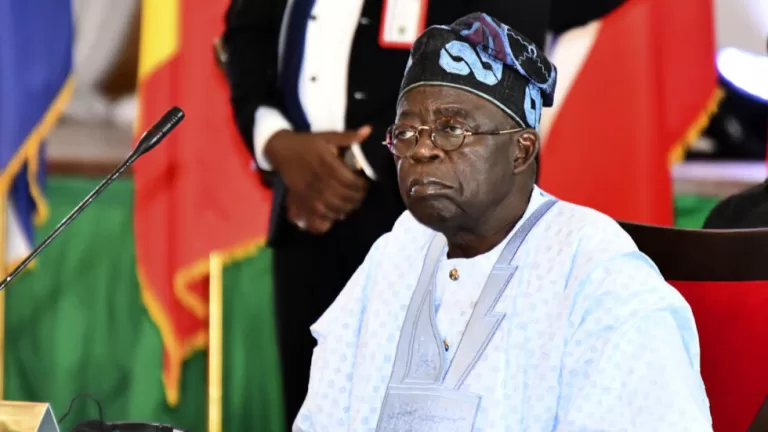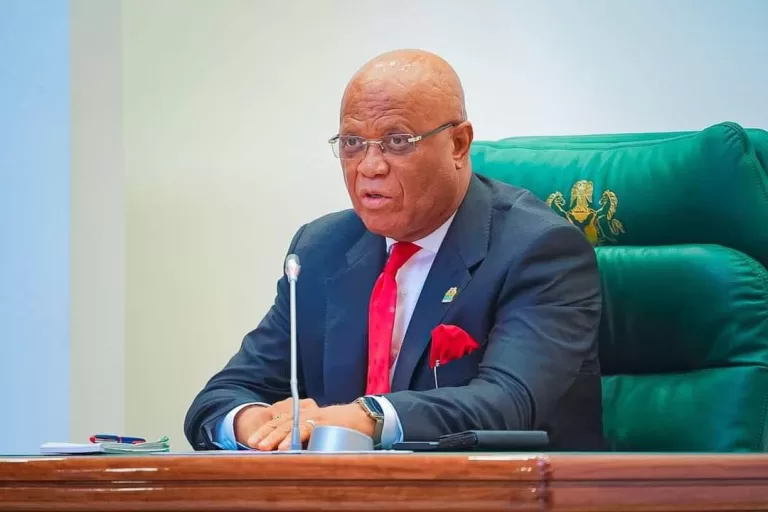
Nigeria Could Become Net Petroleum Exporter by 2027, Says PETROAN
Nigeria is poised to attain full petroleum export status within the next two years, driven by sweeping regulatory approvals and renewed focus on domestic refining, according to the Petroleum Products Retail Outlets Owners Association of Nigeria (PETROAN).
The Nigerian Midstream and Downstream Petroleum Regulatory Authority (NMDPRA) has so far granted licenses to 83 refineries nationwide, a move experts say could be transformative for the country’s energy landscape. The licensed refineries, with a combined refining capacity of 1,124,500 barrels per day, include eight with operational licenses, 30 under construction, and 45 in the establishment phase.
Speaking during his 65th birthday celebration in Abuja, PETROAN’s National President, Billy Gillis Harry, urged stakeholders to prioritize consistent and adequate crude oil supply to these facilities. He noted that sustained domestic refining is critical not just to curbing fuel imports but also to reviving Nigeria’s economic fortunes.
“Progress is already evident,” Harry said, citing a drastic drop in petrol imports—from 44.6 million litres per day in August 2024 to 14.7 million litres in April 2025. “This reduction signals the increasing capacity of local refineries and their potential to meet national demand.”
Harry outlined two key benefits of this shift:
- Foreign Exchange Savings: Reducing dependence on imports helps stabilize the naira and conserve foreign reserves.
- Economic Growth: Fully operational refineries are expected to generate thousands of jobs and significantly contribute to Nigeria’s GDP.
PETROAN lauded the efforts of NMDPRA Chief Executive Officer Farouk Ahmed for enhancing transparency and boosting investor confidence in the downstream sector. The association also credited President Bola Tinubu for his energy reforms under the Petroleum Industry Act (PIA), and commended the Minister of Petroleum Resources, Senator Heineken Lokpobiri, for increasing crude oil output through improved security measures in production zones.
“These reforms, coupled with infrastructure expansion and regulatory clarity, have laid a strong foundation for Nigeria to emerge as a leading exporter of refined petroleum products,” Harry said.
With the convergence of policy, investment, and operational capacity, PETROAN remains optimistic that Nigeria will soon reclaim its place as a continental energy powerhouse and a formidable player in the global oil and gas market.







